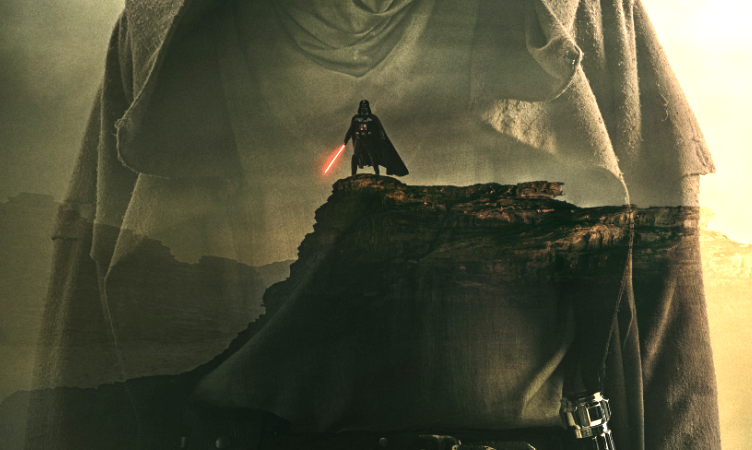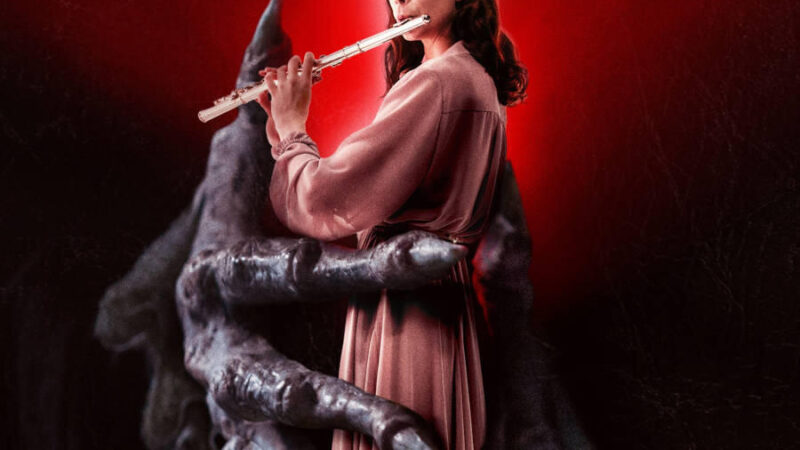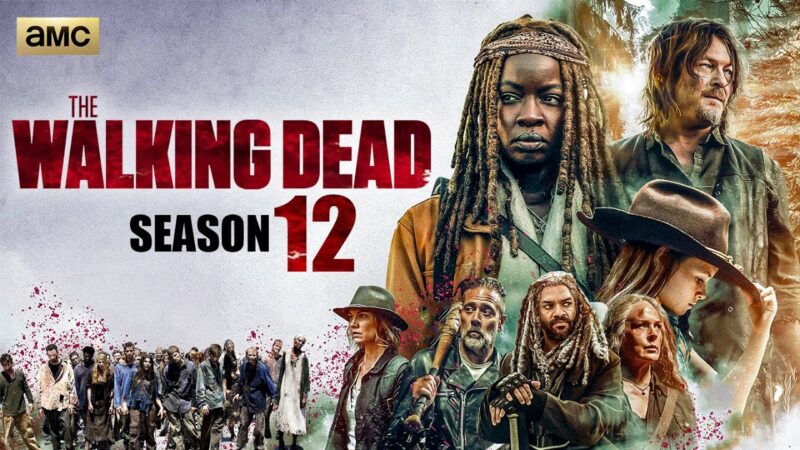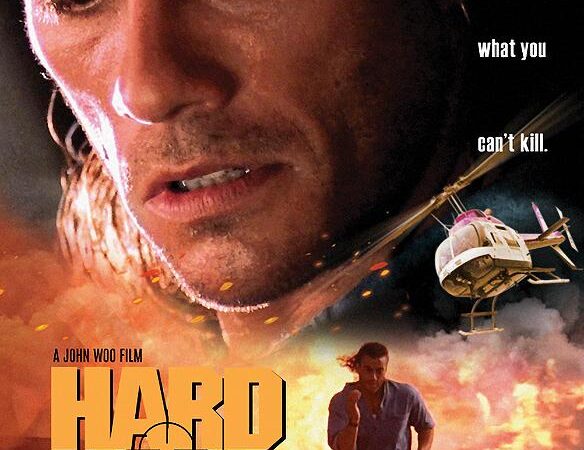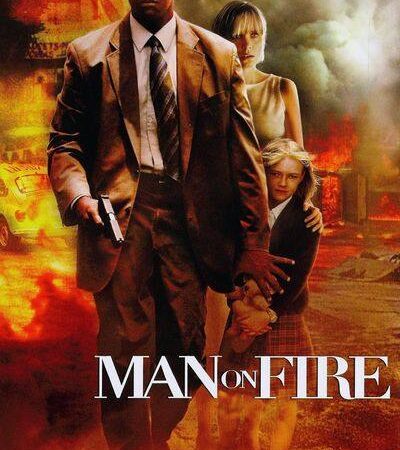Braveheart (1995): A Triumph of Spirit and Sacrifice
In the vast expanse of cinematic history, Braveheart shines as a monumental work of art—an epic tapestry interwoven with themes of freedom, love, sacrifice, and the indomitable human spirit. Directed by and starring Mel Gibson, this 1995 masterpiece transcends mere historical retelling, delivering a passionate exploration of the struggle against oppression.
A Hero’s Journey
Set in 13th-century Scotland, Braveheart follows the life of William Wallace, a man driven by personal tragedy to become the beacon of rebellion against English tyranny. Wallace’s journey begins in sorrow, as the brutal murder of his father and brother at the hands of the English fuels a deep-seated desire for justice.
Gibson’s portrayal of Wallace is both visceral and profound. He transforms from a humble farmer into a fiery leader, uniting Scotland’s fragmented clans in the pursuit of freedom. The character is no simple hero; Wallace’s vulnerabilities and internal struggles with leadership lend depth and authenticity to his role.
The Power of Love
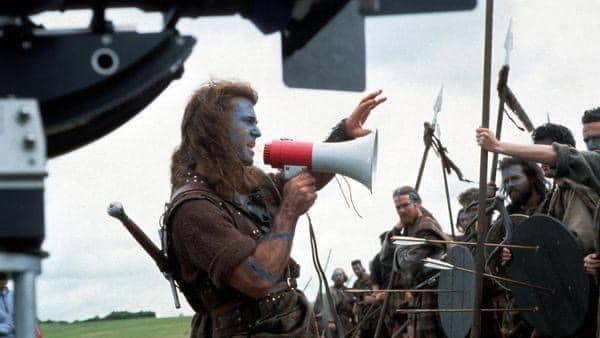
At the heart of the film lies the poignant love story between Wallace and Murron (Catherine McCormack). Their bond, tender yet fleeting, becomes the emotional anchor of the narrative. Murron’s tragic fate serves as both a personal and symbolic motivation for Wallace, propelling his rebellion into a deeply personal mission.
Through this relationship, Braveheart masterfully intertwines themes of love and loss, reminding viewers that even the grandest battles are fought for profoundly personal reasons.
A Cinematic Masterpiece
From its breathtaking visuals to its stirring score, Braveheart is a marvel of cinematic craftsmanship.
- Battle Sequences: The visceral battle scenes are unparalleled in their intensity and realism. John Toll’s cinematography juxtaposes the savage chaos of combat with the serene beauty of the Scottish countryside, creating a striking visual contrast.
- Musical Score: James Horner’s haunting and emotive score elevates every moment, echoing the film’s themes of heroism, sorrow, and triumph. Each note reinforces the narrative’s emotional depth, resonating long after the credits roll.
Themes of Freedom and Sacrifice
At its core, Braveheart is a passionate ode to the universal longing for freedom. It delves into the sacrifices—both personal and collective—required to achieve autonomy. Wallace’s iconic rallying cry, “They may take our lives, but they’ll never take our freedom!” has become an enduring symbol of resistance and the human desire for self-determination.
The film challenges viewers to confront the cost of liberty and reflect on the courage it takes to defy oppression. Wallace’s journey is not just about reclaiming a nation’s independence; it’s about igniting the spirit of hope and resilience in those who follow.
A Legacy of Inspiration
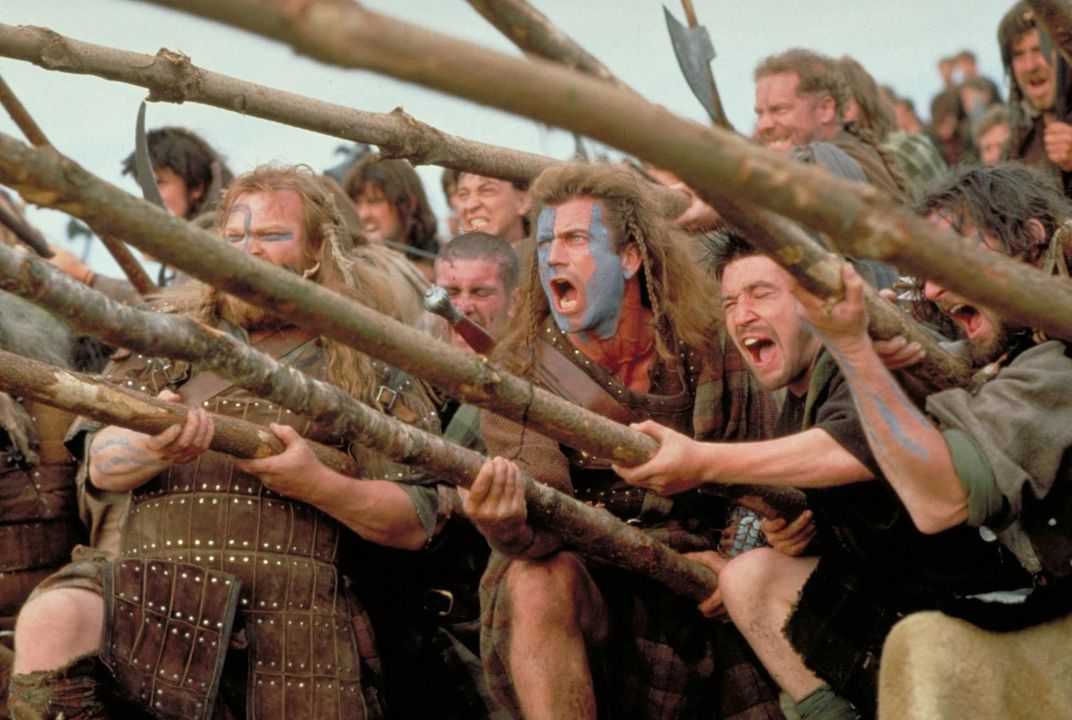
Braveheart leaves a lasting impact on its audience, transcending its historical setting to deliver a universal tale of love, justice, and perseverance. It reminds us that the battles we fight—whether for personal beliefs, love, or freedom—define our legacy.
In its closing moments, the film becomes a clarion call, urging viewers to stand firm in the face of adversity and embrace the spirit of sacrifice for the greater good.
Braveheart isn’t merely a film; it’s a timeless celebration of the human spirit, a reminder of the power of storytelling, and a testament to the courage it takes to fight for what matters most.
